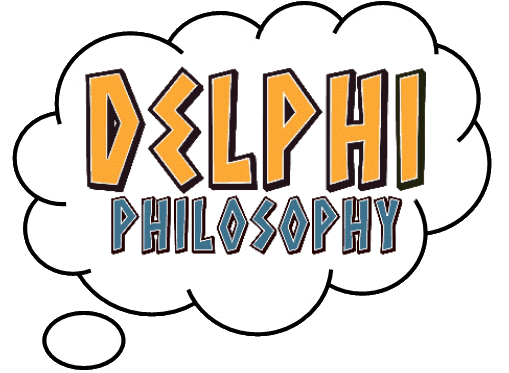Delphi stared into the mirror once more, and then suddenly, she got an idea.
“Wait… What if… I wasn’t Delphi?” she announced, a strange smile on her face.
“What?”
“I mean… hardly anybody knows my name really. Most people don’t know who I am. If I change my name, then I can be someone else, right?”
“I dunno…” Plato replied, scratching his chin. This sounded like one of Delphi’s ideas that always seemed to lead to trouble.
Everyone sometimes dreams of being someone else. However, when Delphi meets Plato in the Agora to show him the new mirror she has bought, she decides to make this dream into a reality. What if she wasn’t Delphi at all, but a girl named Pythia? When she discovers her friend’s real name isn’t even Plato, he gets dragged into her daring plan too. What if she was an adult? And what if, dare she think it, she was a boy? Imagination and self-discovery combine as Delphi and Plato try and work out, exactly, who they are.
Big Questions:
-
If you changed your name, does it matter?
-
If you change what you look like, then are you someone else?
-
What is it that makes a person who they are?
Skills focus:
-
giving examples using ‘if’
-
asking ‘what if?’ questions
-
recognising complexity in a problem
Teach this lesson!
Register for free and download the lesson plan, slideshow and resources to teach this enquiry yourself.
Lesson Overview
This lesson is about personal identity, building on the ideas explored in Delphi at the Docks. In this lesson, three different factors of personal identify are explored – a person’s name, their appearance and their gender. Pupils are asked to consider each one in turn, as Delphi and Plato try changing these things about themselves to explore what life would be like. This is a fun and engaging way of exploring questions about identity, and like many enquiries in Delphi the Dreamer, the intention is to show children that this is a complicated question that can’t be easily reduced to one idea. In terms of skills, children are taught about using ‘if’ and asking ‘what if’ to explore these ideas, as a first step towards learning about logic later in the story.












